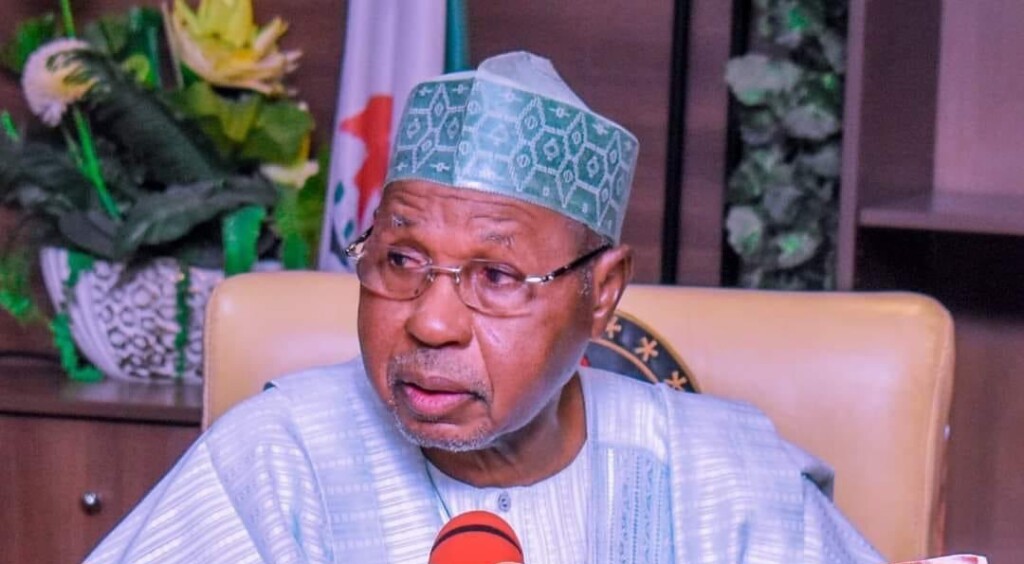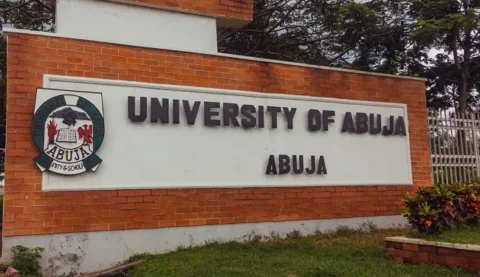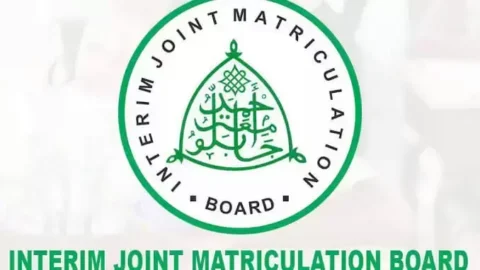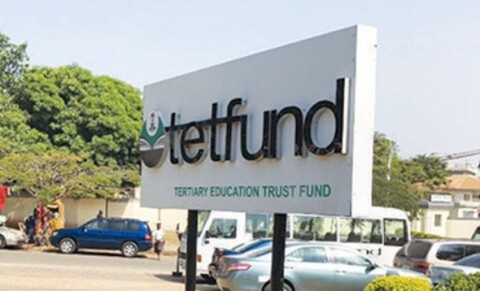The Tertiary Education Trust Fund (TETFund) has unveiled an e-learning and administrative model, the TETFund Education Resource and Administration System (TERAS), designed to equip tertiary institutions with tools to streamline administration, enhance accountability, and monitor projects effectively.
The announcement was made by Chairman of the TETFund Board of Trustees, Rt. Hon. Aminu Bello Masari, at the Lagos edition of the 2025 National Town Hall Meeting held at Radisson Blu Hotel. Masari explained that TERAS aims to prepare Nigeria’s universities, polytechnics, and colleges of education for a digital and knowledge-driven future.
He emphasized that TETFund is committed to modernizing administrative processes, improving learning outcomes, and supporting innovation across campuses. “These investments promote transparency, enhance operational efficiency, and expand digital literacy across campuses—critical for preparing students for the modern knowledge economy,” Masari said.
Masari stressed that TETFund’s mandate goes beyond infrastructure, focusing on the holistic transformation of academic standards, research capacity, and institutional resilience. “TETFund is not just about erecting physical structures. It is about building globally competitive institutions driven by innovation, knowledge, and human capital,” he added.
He highlighted significant progress in academic staff development, noting that thousands of lecturers have benefited from TETFund-sponsored Master’s and PhD programmes locally and abroad, as well as support for conferences, manuscript development, teaching practice, and professional certification.
On research and innovation, Masari cited major initiatives supported by the Fund, including the TETFund Alliance for Innovative Research (TETFAIR), which has produced over 200 prototypes now advancing toward commercialisation. He also noted that N70 billion has been earmarked in the 2025 budget to deploy sustainable mini-grid solutions on selected campuses, addressing chronic energy deficits.
Speaking at the event, Executive Secretary Arc Sonny Echono emphasized that knowledge and skills now determine competitiveness, surpassing natural resources, and called for greater investment in education to unlock national potential.
Jean Monnet Professor of Strategy and Development, Anthony Kila, urged TETFund to evolve from an infrastructure-focused body into a strategic engine for knowledge, innovation, and national competitiveness. Speaking on “Tertiary Education in Nigeria and the Relevance of TETFund,” Kila acknowledged that while Nigeria’s higher education system has not collapsed, it has suffered “heat, cracks, and shocks,” creating an opportunity for reconstruction and reform.
Kila identified four major challenges undermining the sector: chronic underfunding, low research productivity, weak infrastructure, and the disconnect between learning and national development. While recognizing TETFund’s contributions in building lecture theatres, equipping laboratories, and training staff, he warned that past achievements alone cannot ensure future relevance.
He called for a tertiary education system that produces problem-solvers, innovators, globally competent professionals, rigorous researchers, and critically engaged citizens. To achieve this, Kila argued that TETFund should expand its mandate to drive research commercialisation, champion national research initiatives, enforce accountability for funded projects, deepen private-sector collaboration, and reconsider its exclusion of private universities.
Also speaking, Dr. Reuben Abati of Arise TV urged TETFund to adopt a more transparent, strategic, and responsive approach to maximize the public value and impact of its interventions.





